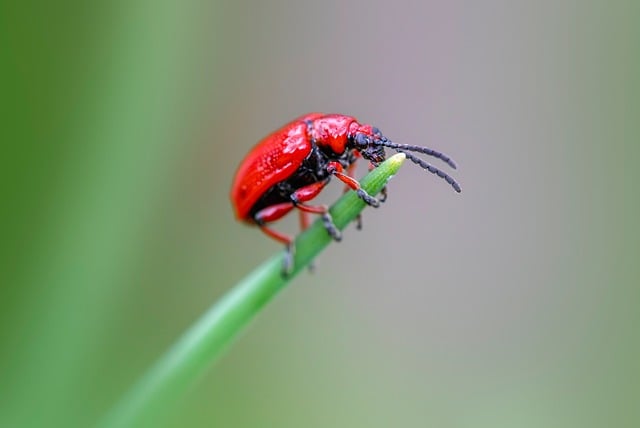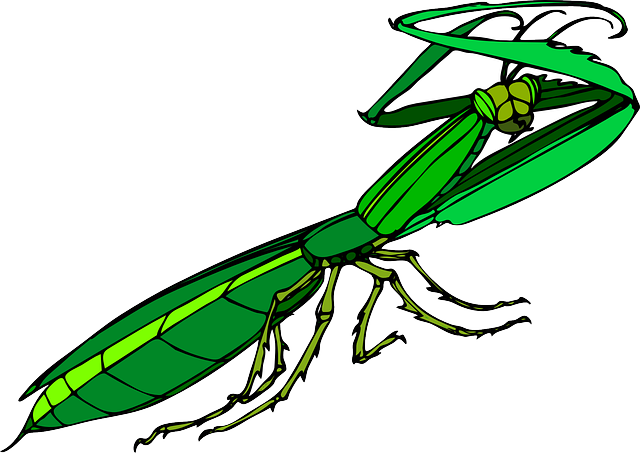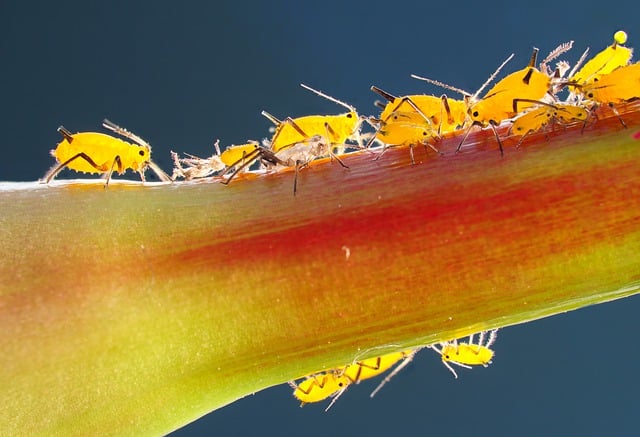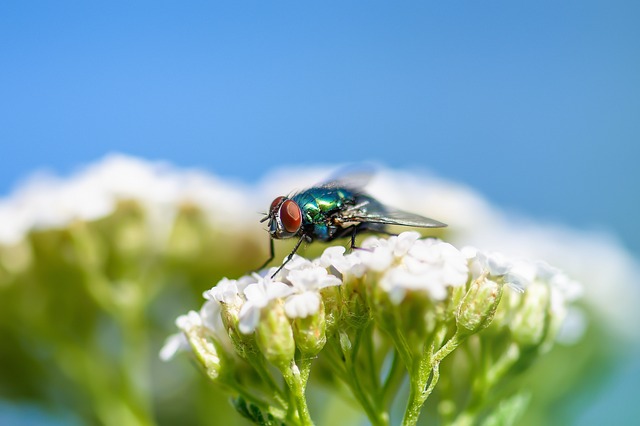Aurora, Colorado, prioritizes safe pest control in its schools and public spaces through Integrated Pest Management (IPM). This holistic approach combines prevention, monitoring, biological controls, and targeted use of non-toxic pesticides to minimize environmental impact while effectively managing pests. By implementing IPM strategies, Aurora fosters healthier learning environments for students, enhances green spaces, and promotes a sustainable urban community. Community collaboration is key to successful IPM implementation, ensuring safer pest management practices throughout the city.
In today’s world, effective yet safe pest control is a priority, especially in highly frequented areas like schools and public spaces. This article explores Integrated Pest Management (IPM), a holistic approach that combines biological, cultural, and chemical methods to control pests responsibly. We delve into the benefits of IPM, focusing on its safety and environmental friendliness. Additionally, we provide strategies for implementing successful IPM programs in Aurora, ensuring both effective pest management and community well-being.
- Understanding Integrated Pest Management (IPM): A Holistic Approach to Pest Control
- The Benefits of Safe and Environmentally Friendly Pest Control in Schools and Public Spaces
- Implementing IPM in Aurora: Strategies for Effective and Responsible Pest Management
Understanding Integrated Pest Management (IPM): A Holistic Approach to Pest Control

Integrated Pest Management (IPM) is a comprehensive, holistic approach to pest control that considers all aspects of an environment—including humans, pets, and the ecosystem—to minimize risks associated with traditional pest management methods. This method aims to reduce reliance on chemical pesticides by employing a combination of strategies such as prevention, monitoring, cultural practices, biological control, and targeted use of least-toxic chemicals when necessary. In the context of safe pest control for schools and public spaces in Aurora, IPM ensures that these environments are kept free from pests while maintaining a healthy and secure atmosphere for students and visitors.
By adopting IPM, schools and public spaces can achieve effective pest management without compromising safety or contributing to environmental pollution. This approach emphasizes prevention through regular inspections, proper sanitation, and maintenance practices. Monitoring systems help identify pest activity early on, allowing for timely intervention with the most appropriate method. The use of natural predators, traps, and other non-chemical methods is prioritized whenever possible, ensuring a safer environment for both people and wildlife in Aurora’s schools and public spaces.
The Benefits of Safe and Environmentally Friendly Pest Control in Schools and Public Spaces

Implementing safe and environmentally friendly pest control methods in schools and public spaces is a growing priority in communities like Aurora. These strategies not only protect the health and well-being of students, staff, and visitors but also contribute to a greener environment. Traditional pest management often relies on toxic chemicals that can leave harmful residues and negatively impact ecosystems. By adopting integrated pest management (IPM), Aurora’s schools and public areas can minimize these risks.
IPM focuses on long-term prevention and control through a combination of strategies, including regular monitoring, habitat manipulation, biological controls, and targeted applications of non-toxic or minimal-risk pesticides when necessary. This approach ensures that pest populations are managed effectively while reducing exposure to toxic substances. In schools, this means creating a safe learning environment free from harmful bugs and insects without compromising the health of students and staff. Public spaces, such as parks and community centers, can also benefit from these practices, fostering a healthier and more sustainable environment for all residents in Aurora.
Implementing IPM in Aurora: Strategies for Effective and Responsible Pest Management

Implementing Integrated Pest Management (IPM) in Aurora, Colorado, represents a strategic approach to ensuring safe pest control for schools and public spaces while minimizing environmental impact. This method goes beyond traditional pest management by integrating multiple techniques—biological, cultural, chemical, and physical—to manage pests effectively and responsibly. For instance, IPM strategies might include introducing natural predators to control insect populations, using plants that naturally repel pests, or implementing strict sanitation protocols to deny pests food sources.
In Aurora’s urban environment, where schools and public spaces are abundant, these strategies are particularly crucial. By adopting IPM, the city can foster healthier, more sustainable environments for both residents and visitors. Moreover, this approach helps to reduce the use of harmful chemicals, ensuring a safer and more eco-friendly pest management system. Effective communication between community members, educators, and local authorities is vital to ensuring successful IPM implementation, enabling everyone to play a role in maintaining a clean, healthy, and pest-free Aurora.
Integrated Pest Management (IPM) offers a comprehensive solution for maintaining healthy environments, especially in schools and public spaces. By adopting this holistic approach, Aurora can ensure safe and environmentally friendly pest control that benefits both communities and the local ecosystem. Implementing IPM strategies allows for effective pest management while minimising the use of harmful chemicals, making it a sustainable choice for a greener future. For Aurora to embrace this change, collaboration between local authorities, schools, and residents is key, ensuring a harmonious balance between human needs and ecological preservation in these public areas.
